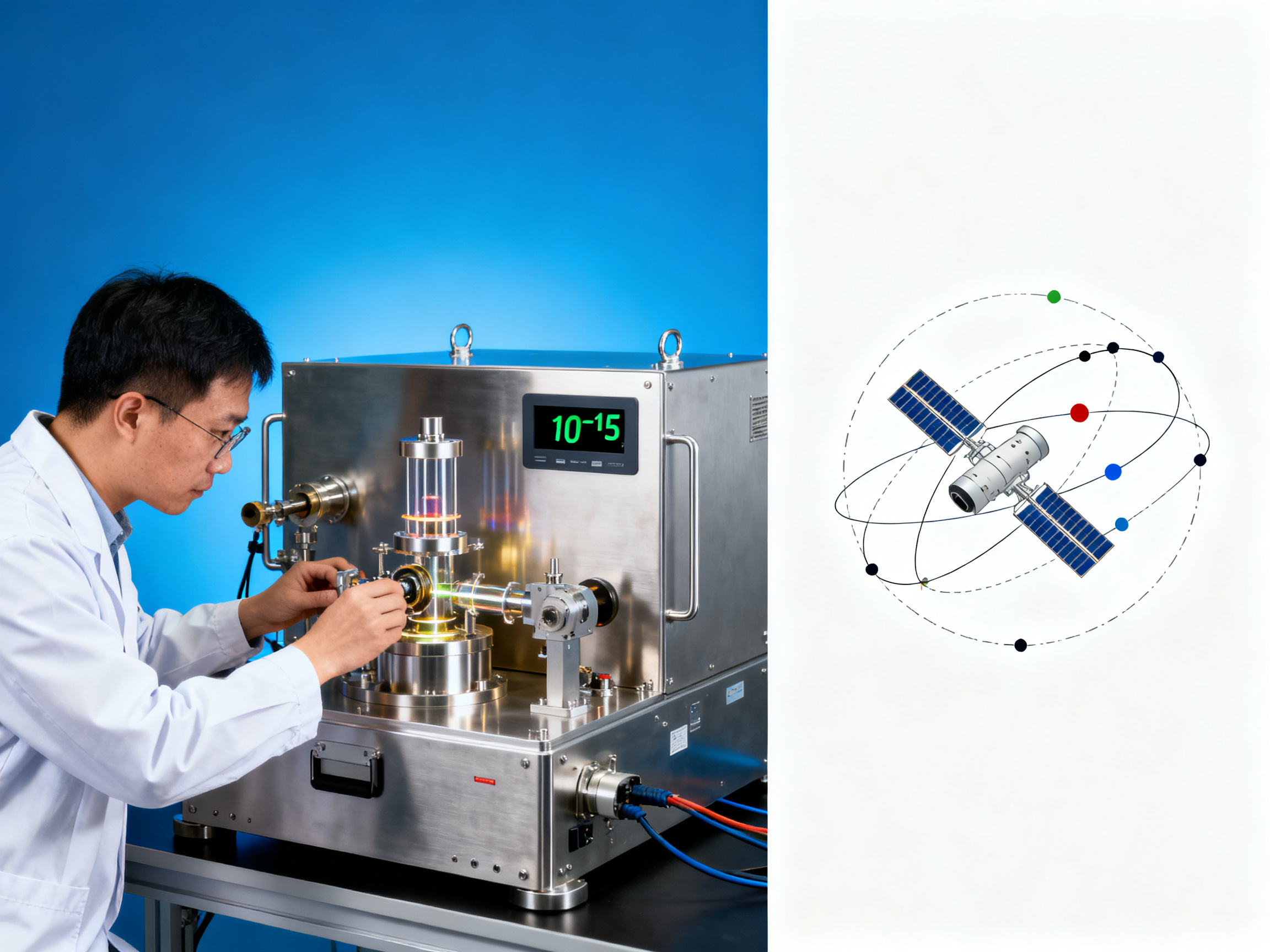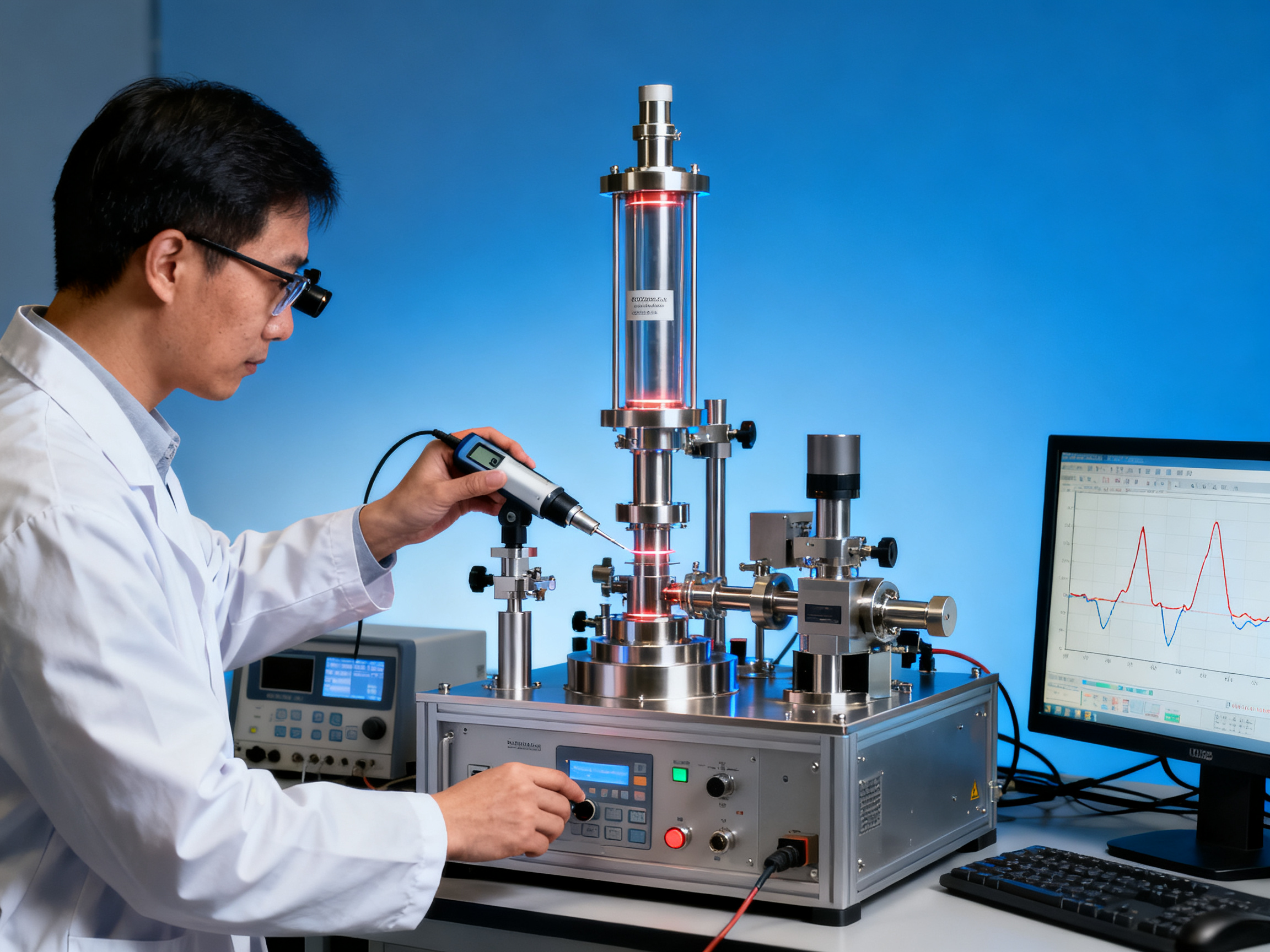RELATED
 Case Study: Implementing Optical Pump Cesium Frequency Standards in Aerospace Applications2026-02-02
Case Study: Implementing Optical Pump Cesium Frequency Standards in Aerospace Applications2026-02-02 Latest Innovations in Optical Pump Cesium Frequency Standards: 2023 Industry Updates2026-01-28
Latest Innovations in Optical Pump Cesium Frequency Standards: 2023 Industry Updates2026-01-28 Optical Pump Cesium Frequency Standard Maintenance: Best Practices for Long-Term Reliability2026-01-26
Optical Pump Cesium Frequency Standard Maintenance: Best Practices for Long-Term Reliability2026-01-26 Top 5 Factors to Consider When Purchasing Rubidium Atomic Clocks for Your Lab2026-01-22
Top 5 Factors to Consider When Purchasing Rubidium Atomic Clocks for Your Lab2026-01-22
MESSAGE
High-performance rubidium clocks are mainly used in the national defense military industry, mainly highlighting the requirements of performance indicators and product reliability. At the same time, they should also have the characteristics of easy operation, complete functions, and strong versatility. The parameters of its main functions and performance are as follows:
1.Frequency Stability
Frequency stability is the fluctuation of frequency deviation, which is actually a problem that can be studied and processed by random processes (stable or unstable). The mathematical representation of frequency stability in the time domain is the Allen standard deviation.
2.Monthly Frequency Drift Rate
When the atomic frequency standard works continuously, the degree of slow change of frequency in one direction over time is estimated by the least squares method. The drift of the rubidium atomic clock can be changed by GPS locking. The monthly drift of the rubidium atomic clock is: 1×10-11~4×10-11.
3.Frequency reproducibility
Frequency reproducibility refers to the consistency between the relative average frequency deviation of the rubidium frequency standard after it is turned on for a period of time, then turned off for a period of time, and then turned on for a period of time, and the relative average frequency deviation when it is turned off. Generally: 1×10-11~5×10-11 .
4.Frequency Accuracy
Frequency accuracy refers to the maximum range of frequency deviation, indicating the degree to which the actual frequency value is close to the nominal value. It is quantitatively expressed in numerical values without positive or negative signs, generally: 5×10-11~5×10-12 .
CONTACT US
Please use the form below to get in touch.
If you need a reply we will get in touch as soon as possible.





